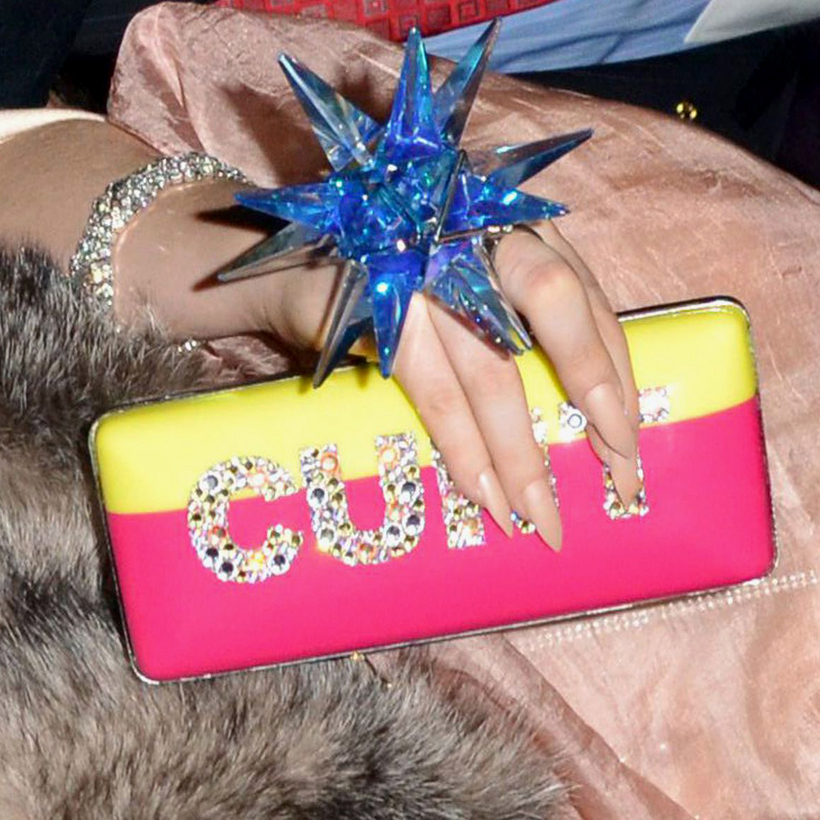A few years ago, during the six months in which my mother battled valiantly against death, I received a summons for what appeared to be her final hours. I leapt onto a train from London to Birmingham, where I was raised, and upon arrival joined the line for a cab.
While patiently waiting, I found myself queue-barged—cut in line—presumably by foreigners who did not understand the sacred role queuing holds in the British psyche. A clutch of my fellow line-mates began grumbling, another cherished British custom, at these miscreants. “Yes,” I agreed, with cut-glass precision. “They are complete cunts.”


